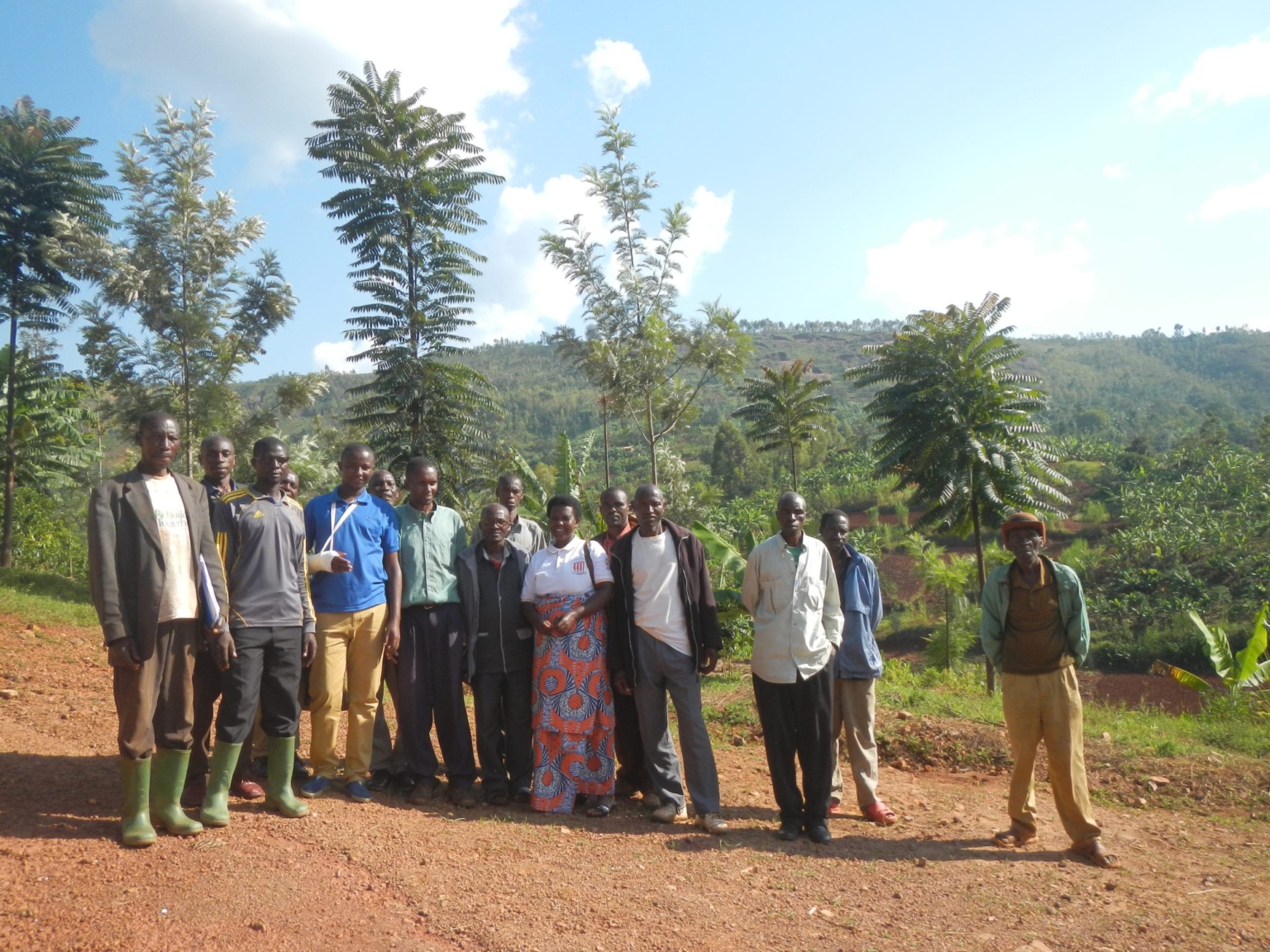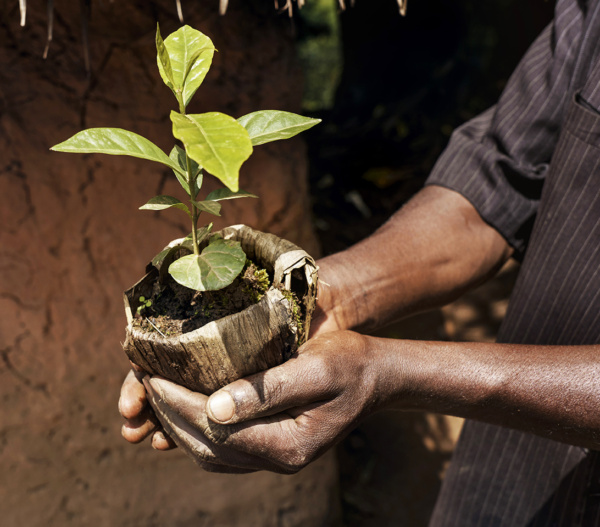
Cococa
- new union of 33 coffee cooperatives from all across Burundi
- represents 27,000 farmers in the coffee sector and helps them in the exportation of their coffee
- sells its green coffee directly to Oxfam
Fair-trade coffee gives farmers a voice
Cococa (Consortium de Cooperatives de Caféiculteurs) has been around since 2012, when ten coffee cooperatives from various provinces of Burundi united to bring their coffee to market, both at home and overseas.
Today Cococa unites 33 cooperatives, which in turn represent 27,000 small-scale coffee farmers. This union gives them a sustainable means of accessing the international market to sell their fair-trade coffee.
The union is entirely committed to giving small-scale producers a voice in the turbulent Burundian coffee sector. In recent years, Cococa has become a serious player in the sector. Indeed, the consortium accounts for approximately 15% of Burundi’s total coffee production.
With its very own processing plant, Cococa is able to oversee its entire export chain. The consortium offers the perfect service both to its buyers and its member cooperatives.
Growers and processors
Cococa has been able to grow rapidly thanks to the support of various NGOs and donors – including the Belgian government. In 2015 the consortium was able to purchase its own coffee processing factory in Burundi. The money for this came in part from Kampani, an investment fund to which Oxfam also contributes.
Thanks to this factory, Cococa now runs the whole export chain itself. Meaning it can now offer the perfect service to buyers as well as member cooperatives. A young, dynamic team monitors the quality of the coffee each day and actively supports the cooperatives.
Fair trade certification in progress
For now, only 7 of the 33 Cococa cooperatives are certified fair trade. The certification process has suffered some setbacks due to the political crisis in Burundi. Cococa holds the ambition of eventually having all its cooperatives and producers certified.
Cococa & Oxfam
- Oxfam has been buying Cococa’s coffee since 2017. Though the union is relatively young, the collaboration has been very dynamic and efficient.
- Cococa’s quality coffee provides Oxfam Fair Trade’s dessert and mocha coffees with a vital sweetness.
- In cooperation with COCOCA, we support two of their coffee cooperatives to become organic certified. As a result, these cooperatives can find a more stable market and receive an organic premium for their coffees. In addition, agroecological production techniques are taught to farmers, increasing their productivity and reducing the impact of climate change.
What is agro-ecology?
This climate-friendly way of farming relies on three pillars. First, the soil. By mulching, covering the soil with nutrient-rich plant residues, the soil becomes a sponge and better captures rain. Shade trees are a second element. These trees protect against scorching sun as well as heavy rains. This creates a micro-climate with a more stable temperature. As a third pillar, we have biodiversity. Having various plants together means fewer diseases. Certain diseases are more difficult to spread and some plants are even natural insecticides.
